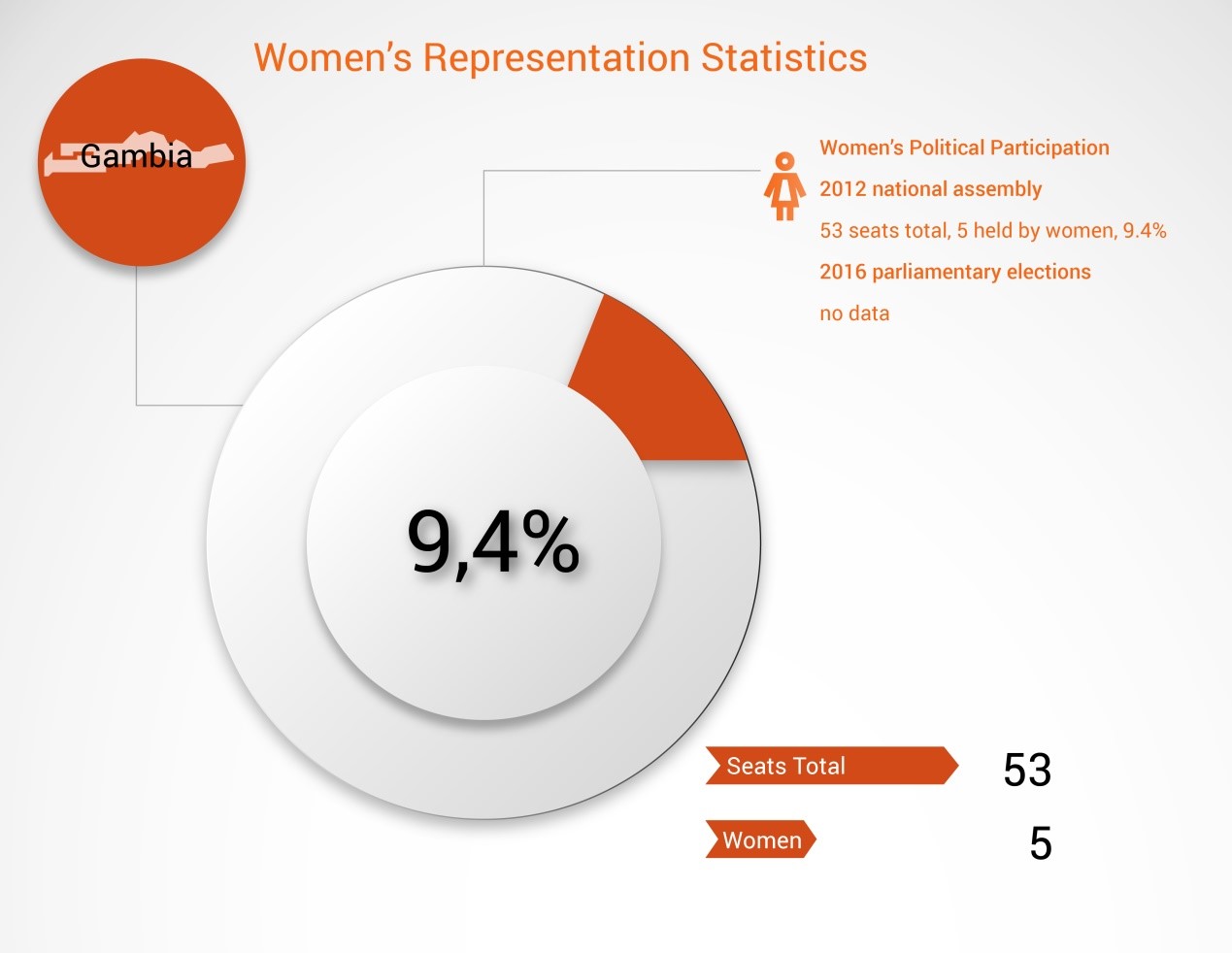2016 Elections Monitoring
Presidential elections were held in the Gambia on 1 December 2016. The outcome was considered as a surprise as the opposition candidate Adama Barrow defeated long-term incumbent Yahya Jammeh. If a transfer of power follows, these elections will constitute the first change of presidency in The Gambia since the military coup of 1994 and the first transfer of power by popular election since independence from United Kingdom in 1965.
In Gambia, the President is elected by plurality vote to serve a 5-year term. In the National Assembly, 48 members are elected by plurality vote in single-member constituencies to serve 5-year terms and 5 members are appointed by the President to serve 5-year terms. It is interesting that in Gambia’s electoral system, voters vote with marbles. Marbles represent ballot papers and there are no ballot boxes but ballot drums. Each of the presidential candidates gets a metal drum painted in a specific colour, with their photograph and symbol pasted on it.
Women’s Political Participation
Gambian women’s political participation -despite the fact that women form the majority- is still low. Until the beginning of December 2016 and before the last elections, out of 53 seats in total, only 5 seats were held by women in the National Assembly. Unfortunately, there is still no data available concerning women’s political representation after the last elections. In Gambia, there are no gender quotas but at the same time, women can participate in politics as they are not discriminated by law: under article 28 of the 1997 Constitution, women are accorded equal rights with men. However, there are overt and covert practices which hinder women’s abilities to lead successful campaigns alongside male counterparts for political positions. Consequently, women’s absence and exclusion from politics and sometimes policy making, the non- existence of structures to raise women’s concerns to the national agenda and low levels of awareness of their rights and potential have subjected women to abject poverty and powerlessness. Isatou Touray was the first-ever female presidential candidate during 2016 elections. In one of her interviews, Isatou highlighted that a lot of people in Gambia are ignorant about the concept of equality. For instance, many people used to believe that women cannot lead and the concept of girl education was a taboo.
In 1993, Gambia ratified the Convention of All Forms of Discrimination against Women (CEDAW) but has not ratified the Optional Protocol on violence against women. A National Policy for the Advancement of Women was put in place in 1999 and the National Women’s Council advises the government on all matters pertaining to women’s rights. On December 28, the National Assembly passed the Women Amendment Act 2015 banning Female Genital Mutilation (FGM). The new law stipulates imprisonment for not more than three years, a fine of 50,000 dalasi or both for anyone found to have circumcised a female child. As it was already mentioned, the Constitution provides for equality for women in the political, economic and social spheres. Nevertheless, its provisions against discrimination do not apply to adoption, marriage, divorce, burial or devolution of property on death.
Conclusion
It is clear that women in Gambia continue to be under-represented in the political sphere. The current situation could be changed by implementing several measures such as: political parties should support women’s political advancement by ensuring that women are empowered to advocate and engage with relevant stakeholders in making the women agenda central to public policy, women politicians should collaborate with each other on issues of mutual concern and in promoting the women agenda in the public domain, civil society organisations should continue to create enabling platforms for women’s voices to be heard.

